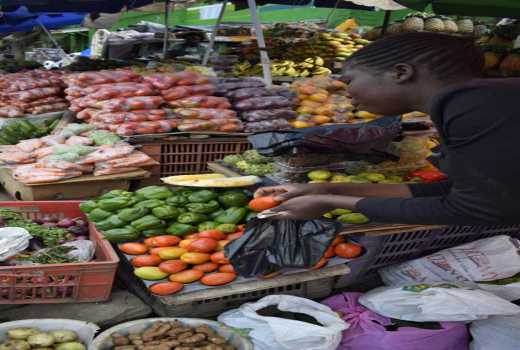×
The Standard e-Paper
Join Thousands Daily

NAIROBI, KENYA: The food you eat, including fresh fruits and vegetables, may not be as safe as you think
The county agriculture department announced that some of the food making its way into the city from other counties was contaminated by chemical residue.







